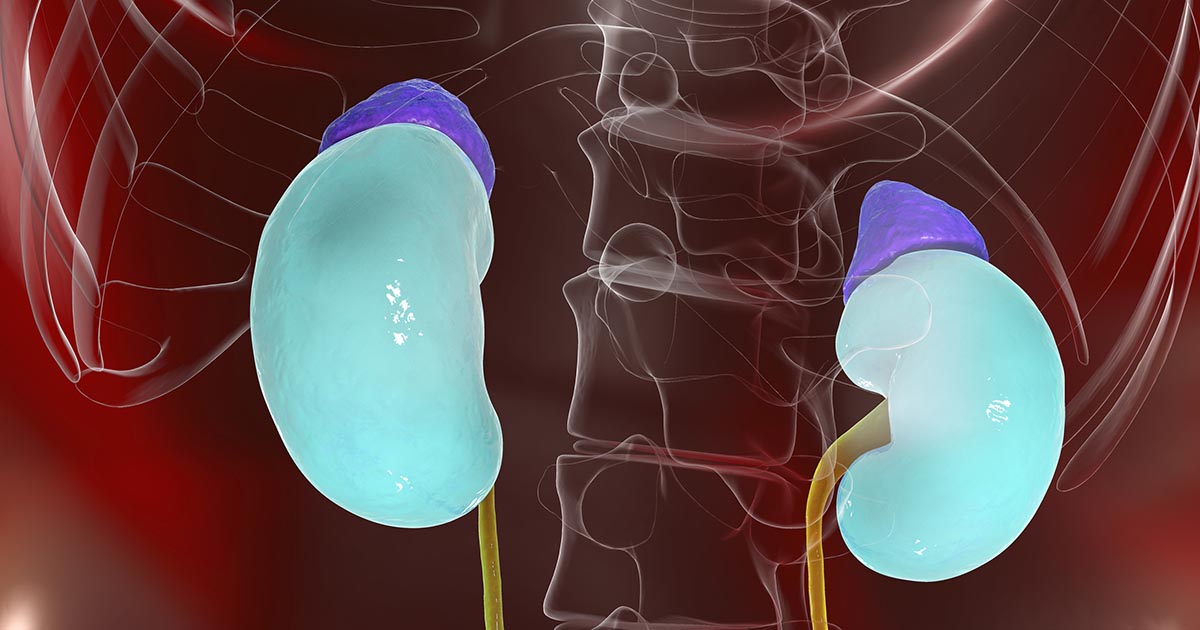Risk Factors And Causes For A Pheochromocytoma
Pheochromocytomas are tumors that form on the adrenal glands, located just on top of the kidneys. The tumors are a type of paraganglioma and are benign in ninety percent of cases. Typically, pheochromocytomas develop from the chromaffin cells of the adrenal glands, resulting in too many catecholamines being released into the body. This flood of catecholamines triggers a variety of symptoms, including high blood pressure, fast heart rate, sweating, headaches, shortness of breath, and pale skin. Some patients may also experience weight loss, anxiety, and constipation. The symptoms caused by pheochromocytomas may occur without any trigger, but sometimes they can appear after a patient eats foods containing high levels of tyramine such as chocolate, smoked meats, and certain types of cheese, wine, and beer. Taking stimulants or MAOI medications may also trigger a symptomatic episode, and these can also occur if a patient has recently had surgery, given birth, or undergone a vigorous workout. Surgery to remove the tumors and medications to reduce blood pressure are typically the only treatments needed for most patients. Let's investigate some of the major risk factors and causes for pheochromocytomas now.
How Hormones Contribute

While the exact cause of pheochromocytomas is unknown, scientists are increasingly interested in how hormones contribute to the development of this form of cancer. Generally, the tumors develop inside the chromaffin cells, and these are located in the middle of the adrenal gland. Chromaffin cells secrete hormones such as adrenaline, also known as epinephrine, and noradrenaline, also known as norepinephrine. These hormones are responsible for regulating blood pressure, heart rate, and blood glucose in the body. They also control the body's fight or flight response and prepare the body to react quickly to a threat. In healthy individuals, the secretion of these hormones occurs at a regular rate, and only the necessary amounts of each are released. Pheochromocytomas disrupt the normal release of these hormones, and they are instead secreted at irregular times and in too large quantities. This unsteady, excessive release is directly responsible for the elevated blood pressure, increased heart rate, and other symptoms patients experience with this tumor.
Uncover the next risk factors and causes of a pheochromocytoma now.